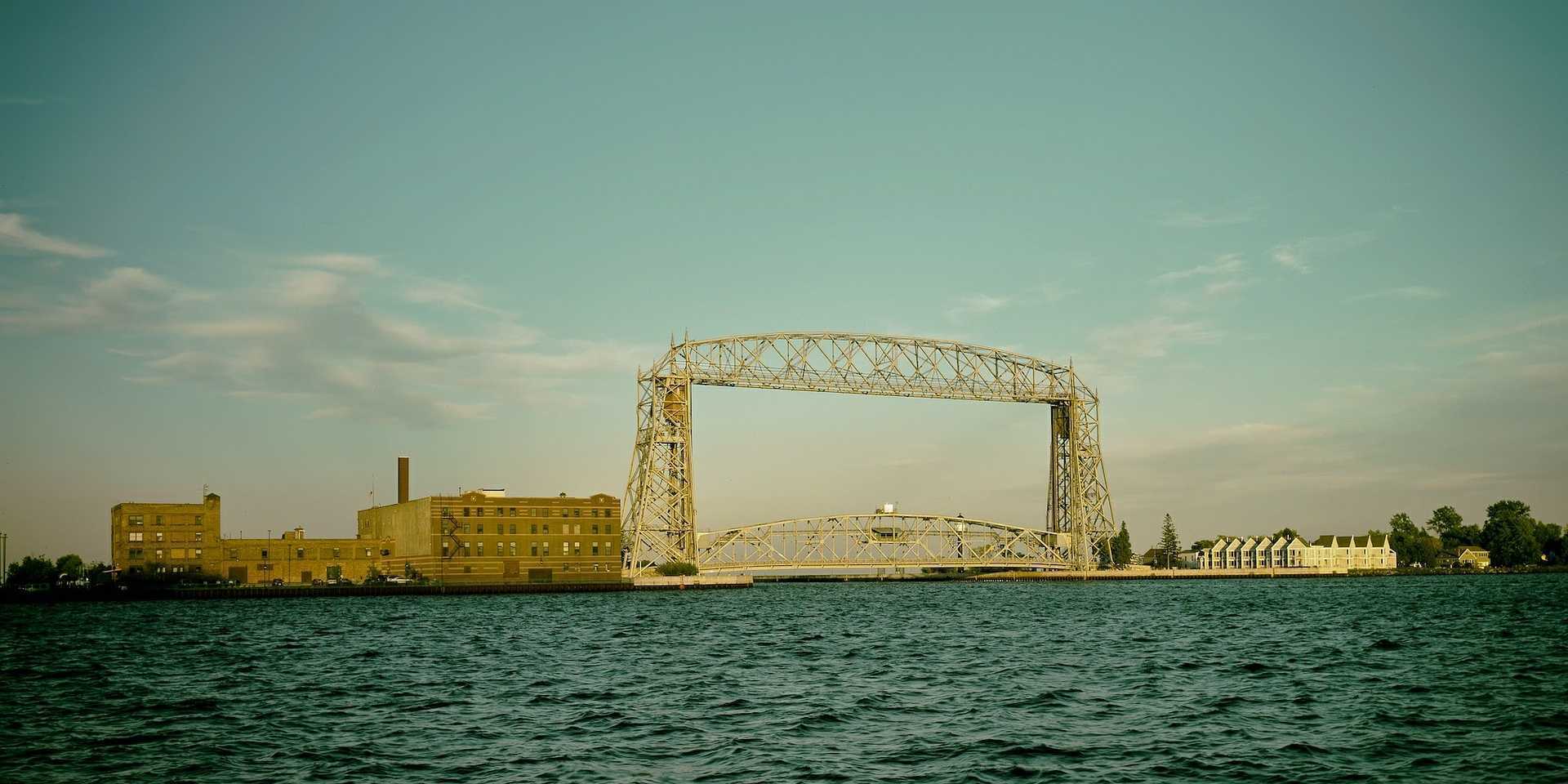Pelvic Organ Prolapse Patients Developing Pudendal Neuralgia
In 2011, the FDA issued a warning to patients and medical professionals that transvaginal mesh implant surgery for pelvic organ prolapse (POP) often created more problems than it solved. The warning also noted that “there was no clear evidence transvaginal POP mesh repair was more effective than non-mesh repair” for treating POP. Furthermore, the FDA report emphasized that the mesh itself, rather than surgical error, lead to pelvic pain in many patients.
However, transvaginal mesh implant surgery remains a commonly recommended treatment for POP. A Justice News Flash post, titled “Don’t Wait In Vain For Pelvic Pain To Resolve After Removal of Mesh Implants”, recently discussed how this surgery often leads to the development of Pudendal Neuralgia in patients, “more often than not [requiring] complete removal of the mesh.” In short, in lieu of sending these patients to trained physical therapists, and, in spite of FDA warnings, many medical professionals continue to recommend transvaginal mesh implant to treat POP.
Pudendal Neuralgia, already an underdiagnosed, undertreated, and underserviced illness, is noted for how few therapists and other medical professionals have the proper training to treat it. Peripheral nerve regeneration can take up to six months for patients who developed Pudendal Neuralgia after surgery.
Ultimately, it is the patient who is left to suffer for extended periods of time and go through unnecessary procedures. Patients with either POP or Pudendal Neuralgia would be much better served by a trained pelvic rehabilitation professional than a doctor who is unaware of, or ignores, alternatives to a surgery that FDA warnings against.
For pelvic rehab professionals, this means that asking about previous surgery, particularly transvaginal mesh surgery, is vital to treating patients who suffer from pelvic pain.
This August, Herman & Wallace is proud to offer a course on Treating and Assessing Pudendal Neuralgia in Altanta, GA. We hope to see you there!
By accepting you will be accessing a service provided by a third-party external to https://hermanwallace.com/




































